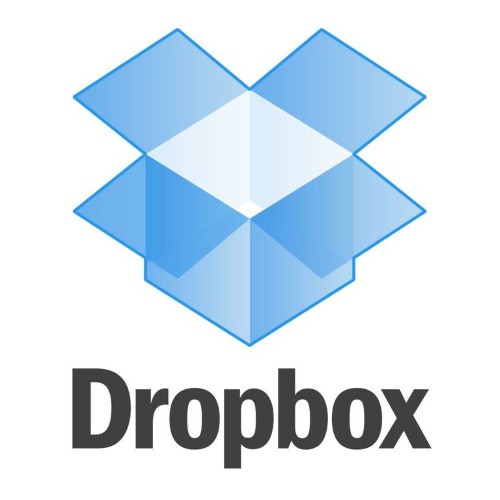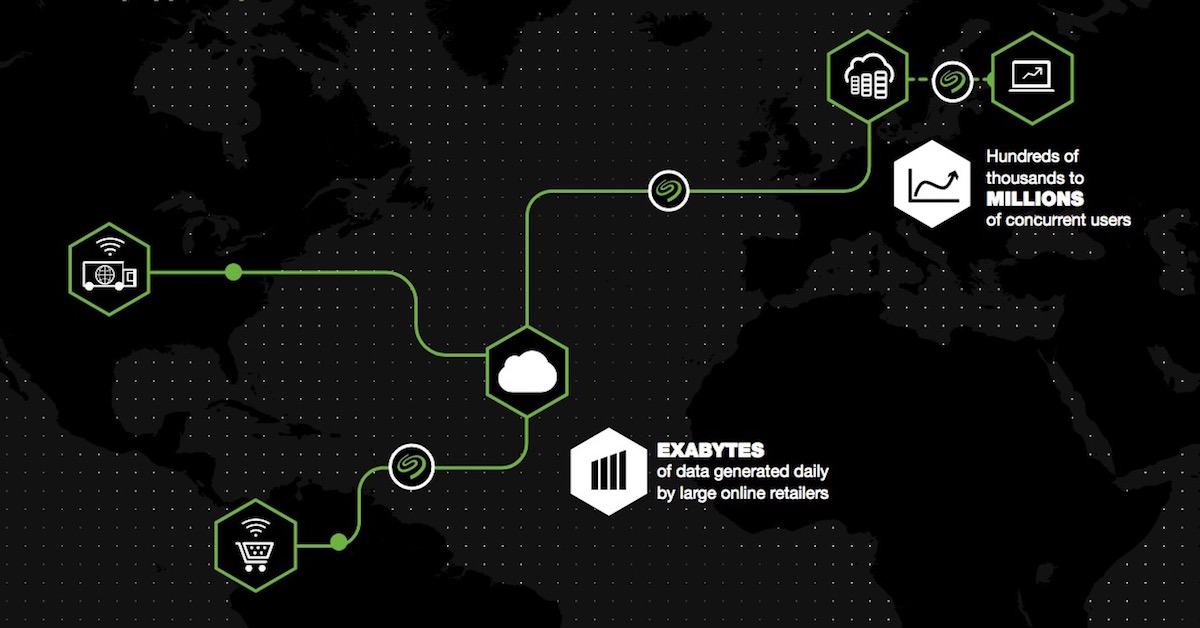Technology investments are frequently governed by balancing acts. Further complicating the issue is that the factors being considered frequently play against each other. For example, business users highly value the accessibility of public cloud storage options, but information security teams likely have data protection concerns.
There is still some debate over whether public cloud solutions can meet the demands of highly regulated industries, which has kept many companies from using them. This has given rise to hybrid clouds, in which an organization maintains some of the management of its IT architecture while outsourcing in other areas. Channelnomics contributor Dave Courbanou recently suggested the hybrid cloud model will likely evolve into hybrid storage.
"It works like this: Cloud apps will exist in on a public cloud running on public infrastructure, utilizing the high-availability backbone of a cloud or managed services provider," Courbanou wrote. "Data, however, will remain on-premises. Using encryption, edge equipment and data storage appliances, on-premises storage can interact with the cloud app as if it was native cloud storage – but no data will exist off-premises (unless the organization needs to, in the case of cloud backup, etc.)."
This may sound like a threat to cloud storage offerings, but Courbanou presented it as an opportunity. Vendors such as Citrix have already designed platforms to foster interopability between on-premise and cloud infrastructure. Similarly, cloud providers may benefit from bundling their offerings with storage gateways. This will not only enable a hybrid storage strategy, but make transitioning assets to the cloud easier.
Cloud interoperability
In light of trends such as big data, the technology industry has increasingly moved away from the concept of information silos. Robust analytics offerings are designed to bring together data from numerous platforms so that businesses gain more comprehensive visibility over their information. The cloud market has followed a similar path by placing high value on interoperability to eliminate buyer fears like vendor lock-in. Andre Durand, CEO of cloud identity management firm Ping Identity, recently warned that the success of the cloud may lead to a return to information silos, resulting in the same integration challenges businesses are currently moving away from.
Identity management technology frequently holds the keys to the digital kingdom, for instance, resulting in a balancing act between user access and security. While many vendors adopt proprietary identity management frameworks, this can create challenges when applications need to be integrated with cloud platforms. For this reason, Durand called on cloud solution providers to adopt standardized identity management technologies.
"Instead, we should adhere to open, proven and secure identity standards such as the Security Assertion Markup Language (SAML), OAuth, System for Cross-Domain Identity Management (SCIM) and the Extensible Access Control Markup Language (XACML) when enabling use cases such as Single Sign-On (SSO), user provisioning or authorization," Durand wrote. "Best practice in cloud computing is to eliminate silos and separate identity from applications, avoiding password propagation and purpose-built silos."
Customer service teams are often governed by the "customer always knows best" mantra. Although the platitude isn't always the truth, it may soon extend beyond frontline employees to serve as an organization-wide paradigm. Cloud storage companies are increasingly faced with the challenge of minimizing the cost of running their architecture while continuously adding value to their services. As data becomes increasingly migratory, it is likely that integration will emerge as a critical feature for many technology deployments.







